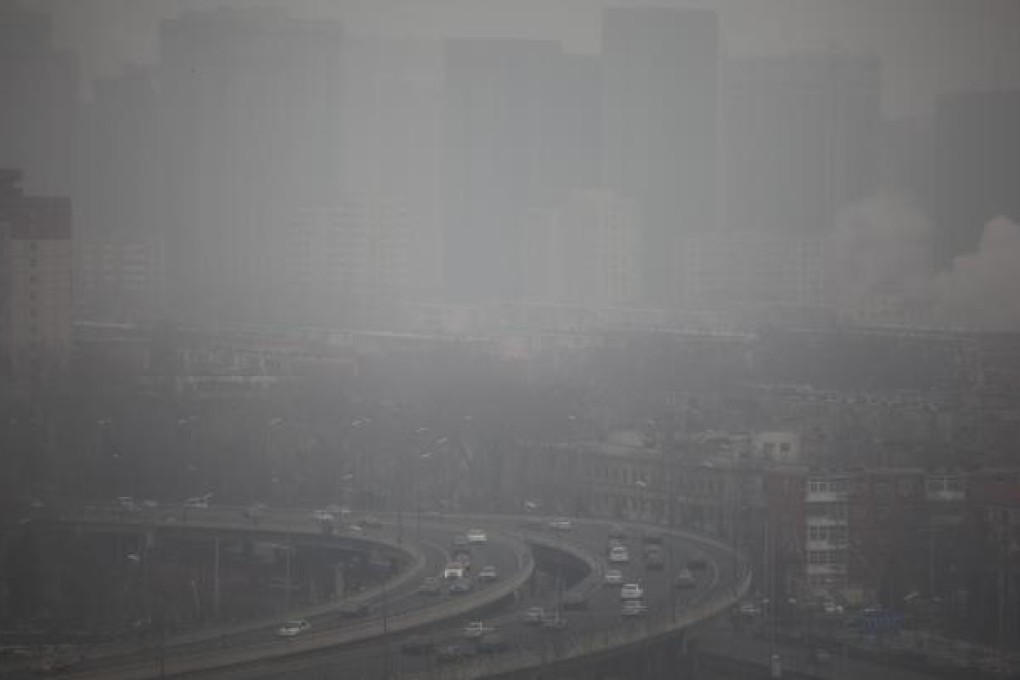The people are Beijing's ally in fight for cleaner air
Scott Moore says Beijing must force tougher pollution curbs on industries

Beijing's air quality index recently measured pollution that was so bad it leapt off the chart. Most notable about this most recent urban air pollution crisis is that it highlights like never before the folly of the Chinese government's secretive approach to the issue. Beijing has consistently tried to downplay and ignore the severity of urban air pollution, in the process choking off the popular participation needed to keep polluting industries and local governments in check.
For several years, a single air quality monitor atop the US Embassy in Beijing has given the lie to this obfuscation, regularly registering far higher pollutant concentrations than reported by the Beijing municipal government. The embassy's Twitter feed reports the data continuously, and has tens of thousands of followers, all of whom see what the Chinese government apparently cannot: that it's pointless to try to conceal the dire state of the air, imperiling the health of its citizens and ultimately its economic future.
Beijing's government-controlled media has been unusually candid about this latest crisis, but only because it is impossible to ignore. This has generated creative suggestions of how to deal with the problem. But, before long, China's censors are likely to return to form - spinning the data and limiting references to thousands of premature deaths attributed each year to noxious air.
Although Beijing implemented strict air pollution control measures and relocated heavy industries in the run-up to the 2008 Olympic Games, many highly polluting industries simply moved to neighbouring jurisdictions where regulations are enforced far more selectively. Because these plants remain in Beijing's "airshed", they contribute to the city's pollution but are outside its formal purview.
Unfortunately, this situation is unlikely to improve unless the Chinese government renews its commitment to engage the public in its environmental protection efforts. In recent years, Beijing has experimented with several ways to promote public participation, including by establishing hotlines to enable citizens to report polluting enterprises, tolerating the formation of environmentally oriented civic groups, and tentatively enabling citizens to file environmental lawsuits. But these efforts have been paltry in comparison with the scale of the crisis. Moreover, their impact has been vastly diluted by the power of state-owned enterprises and corrupt local officials.
In order to reverse this situation, Chinese officials must harness the palpable outrage among Beijing residents to force industries and local governments to adopt more stringent regulations.
